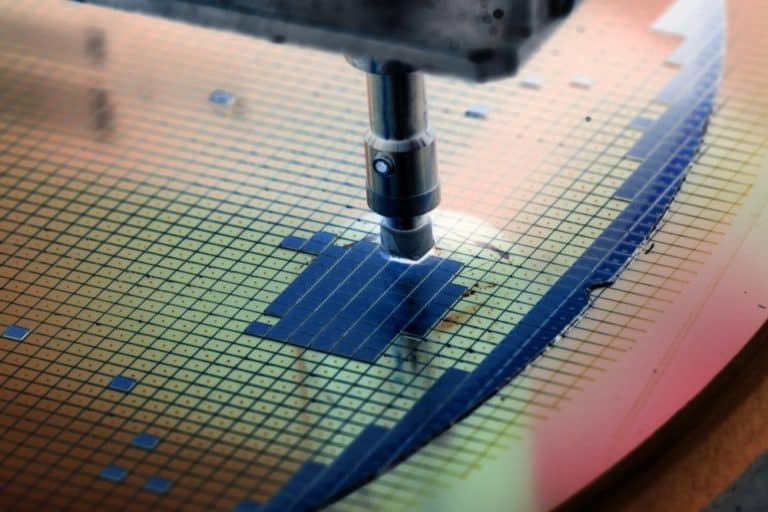The European Parliament recently agreed on two new legislative proposals to bring the implementation of the European Chips Act one step closer. Chip giant Intel is especially pleased with this approval.
The EU Chips Act is intended to guarantee that by 2030 at least 20 percent of all processors produced worldwide will come from EU member states. Among other things, the EU Act makes subsidies available for this purpose and also allows member states themselves to invest in chip manufacturers. For example, by co-paying for establishing chip factories in their own countries.
With the approval of the two bills, the EP says it has taken the first step; now the individual member states must give their approval.
Chips Act
The first approved bill concerns the Chips Act itself. This legislation should improve chip innovation in the EU. For this, the EP supports the original idea for developing new processor technology and quantum processors. It also requires the creation of a network of research centers to counter the lack of qualified personnel and attract new talent in the field of chip research, design and manufacturing.
The law also requires the EU to secure the supply of processors. This includes attracting investment and building production capacity. In addition, a system must be set up that will kick in in the event of a crisis and alert all member states to potential capacity problems. This alert should pave the way for the EC to take the necessary measures to maintain the supply and production of processors.
Second bill
The second bill now approved is the Chips Joint Undertaking bill. This bill will allow the measures for the Chips for Europe initiative to be taken. The latter initiative should support the large-scale building of production capacity with investment in EU-wide and open-access research, development tracks and an innovation infrastructure.
For this, 11 billion euros of central EU funding, contributions from individual member states and private money should be earmarked. The European Chips Act is to provide a total of 43 billion euros to boost a European chip sector.
Very positive reaction Intel
Intel welcomed the news about the bills passed by the EP. This chip giant is in negotiations with several European member states, particularly Germany, to establish giant chip factories on European soil.
In a statement, the chip giant indicated that the EU is clearly taking the lead in solving the huge shortage of processors facing the global tech sector now, but perhaps also in the future.
Furthermore, the chip maker was pleased that the industry was listened to carefully in the development of the bills. Intel hopes that this public-private partnership can continue in the years to come.
Intel still wants adjustments
The chip giant indicates that there are still some adjustments to be made in which they would like to exchange views with the EU. For example, Intel wants the definition of “critical sector” to be defined more narrowly. In addition, companies in the chip sector should be given the right to be heard. With this, Intel wants to more or less enforce influence in future laws and regulations.
Finally, since chip production is part of a global ecosystem, attention must be given to issues such as permission to transfer data and intellectual property to other locations, including outside Europe.
Also read: Member States reach agreement on €43 billion Chips Act
